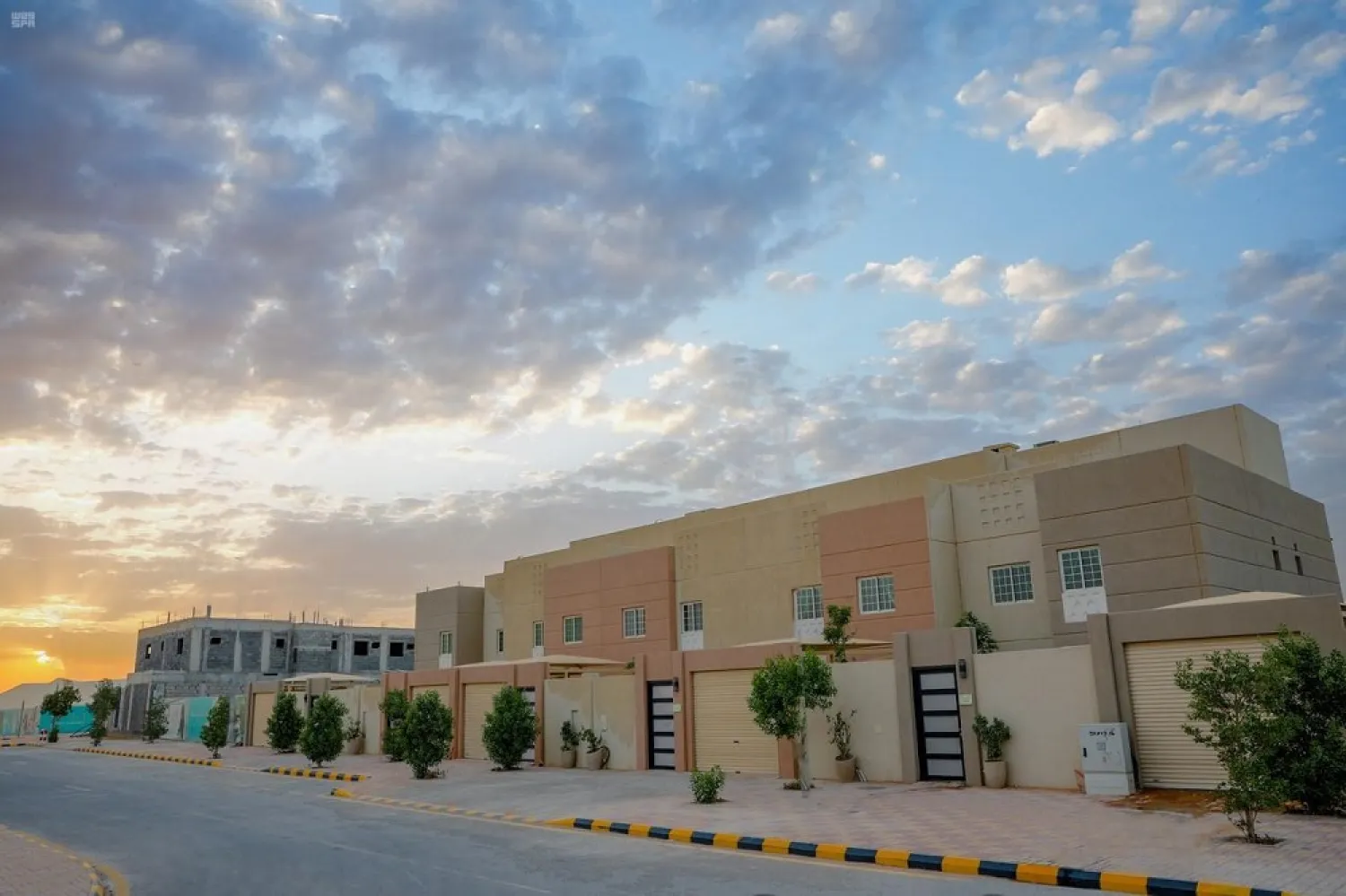Opportunities have expanded for real estate refinancing in Saudi Arabia as interest rates are declining due to the repercussions of the Covid-19 pandemic.
Specialists have called for taking advantage of the variety of financing solutions available, especially long-term mortgage loans, to increase Saudi home ownership.
The Saudi Real Estate Refinance Company - a state-run company that provides real estate financing services - estimated the activity to grow from 290 billion riyals to 500 billion riyals (USD 133.3 billion) this year, and to reach 800 billion riyals (USD 213.3 billion) over the next ten years.
According to Fabrice Susini, CEO of the Saudi Real Estate Refinance Company, the Saudi government has introduced some prudent support packages with the aim of stimulating the economy, but added that the losses caused by the Covid-19 pandemic would not be fully compensated.
Amid the current circumstances, consumers in Saudi Arabia must start searching for means that contribute to alleviating their financial burdens, he underlined.
“In every crisis, there is an opportunity,” Susini said, noting that the present opportunity was the low interest rates.
He stressed in this regard that the Saudi Real Estate Refinance Company had the main objective to “help citizens climb the housing ladder.”
Current efforts allow homeowners to compensate for the financial shocks that impacted them during the Covid-19 crisis, and present them with an opportunity to plan for their future, he added.
These developments come amid declining profit rates on housing finance by about 100 basis points over the past two years, while the Saudi Real Estate Refinance Company reduced mortgage finance rates three times in the past year, in order to encourage home ownership.
Susini said he believes that the current measures would contribute to increasing the rate of home acquisition in the Kingdom, noting that the government has played an efficient role in providing a suitable environment for its citizens so that home ownership becomes a basic right, not a privilege.









